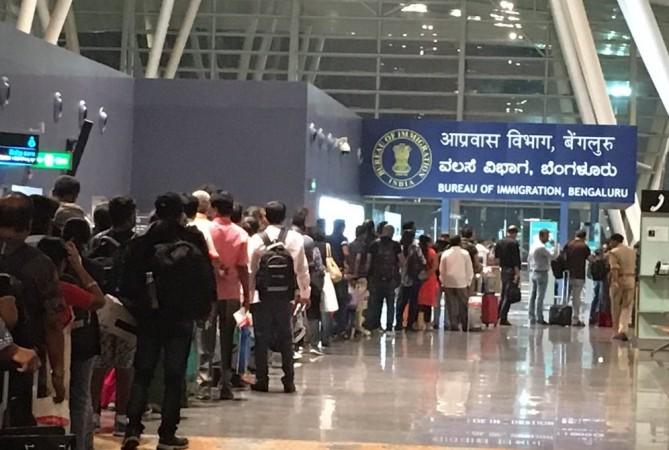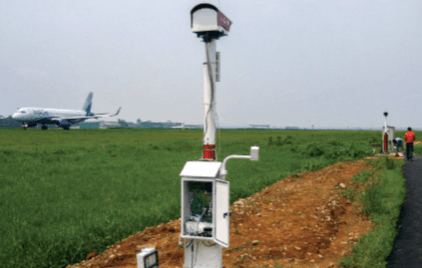Furthering the goals of 'Atmanirbhar Bharat', Bengaluru's Kempegowda International Aiport is now the first in India to own a 'Made in India' Aviation Weather Monitoring System (AWMS) developed by National Aeronautics Laboratories (NAL). With this, the airport now has six 'Made in India' RVRs on both its runways.
The new technology, developed by CSIR-NAL coupled with the Drishti Transmission, will help calculate Runway Visibility Range (RVR) and help pilots with accurate data reporting. This will be a huge leap for Indian aviation.

KIA becomes first Indian airport to house Drishti-AWMS
Bengaluru's KIA had previously been using imported instrument-aided systems for landing. These help pilots land the plan in low-visibility conditions. They come in different categories from Category I to CAT IIIB which can help land when visibility is as low as 30 m depending on the weather conditions of a particular city.
The new technology deployed at the Kempegowda International Airport is the Aviation Weather Monitoring System (AWMS) developed by CSIR-NAL, which records real-time data of wind speed, wind direction, temperature, humidity, and pressure. It helps measure RVR and is suitable for various categories —CAT I, CAT II, CAT III-A & B. The system displays data on a single screen and is web-based which allows maintenance from any location.
The sensors of the AWMS are mounted on the 10-metre mast, aid for easy maintenance and sliding mechanism. This first-of-its-kind equipment is lightweight and eco-friendly designed by NAL with a life of up to 60 years. This unique design is suited to the busy traffic at the airport.
Bengaluru's airport has also installed 50 Drishti Transmissioner another unique first-of-its-type technology developed in India. The transmission has been acclaimed for precise reporting of date and can help pilots land in visibility with as low as 25m and works 24 hours throughout the year even in harsh environmental conditions. The Drishti Transmissioner comes at a price of Rs 20- 25 lakhs, which is a third of its imported counterpart.

Hari Marar MD and CEO, BIAL said about the new developments, "At BIAL, we are proud to take the lead to adopt this indigenous technology, which is critical for airport operations. This technology will enable seamless operations at BLR Airport," in a statement issued by BIAL.

















